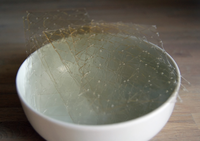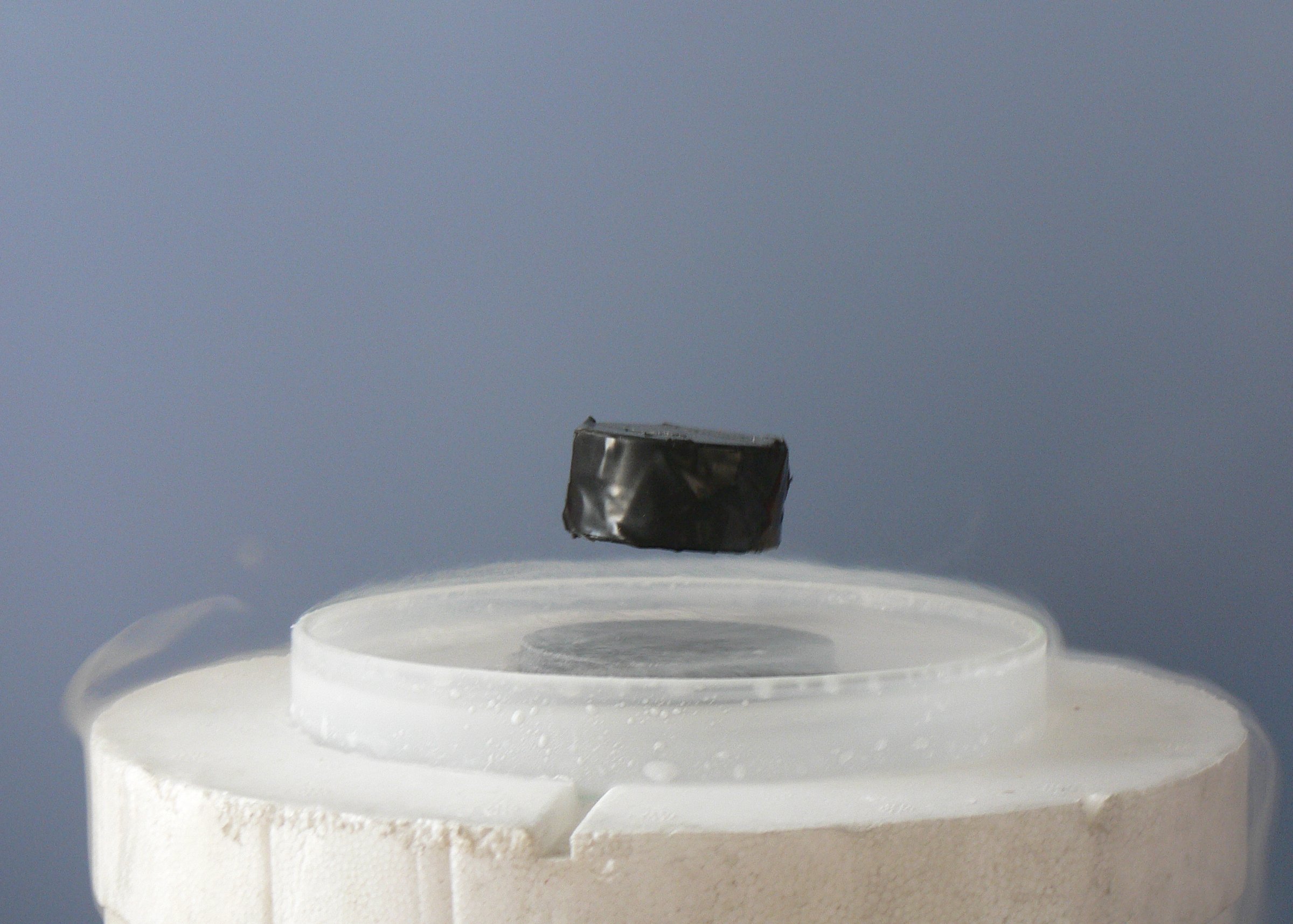
An insight into microscopy and analytical techniques for morphological, structural, chemical, and thermal characterization of cellulose
Sign Up to like & getrecommendations! Published in 2022 at "Microscopy Research and Technique"
DOI: 10.1002/jemt.24057
Abstract: Cellulose obtained from plants is a bio‐polysaccharide and the most abundant organic polymer on earth that has immense household and industrial applications. Hence, the characterization of cellulose is important for determining its appropriate applications. In… read more here.
Keywords: insight microscopy; characterization cellulose; microscopy; chemical ... See more keywords

Preparation and characterization of cellulose nanocrystals from spent edible fungus substrate.
Sign Up to like & getrecommendations! Published in 2021 at "Journal of the science of food and agriculture"
DOI: 10.1002/jsfa.11617
Abstract: BACKGROUND Spent edible fungus substrates were identified as potential sources to produce cellulose derivatives, namely purified cellulose and dicarboxyl cellulose nanocrystal (DCNC). Purified celluloses were obtained via chemical treatments and then oxidized by sequential periodate-chlorite… read more here.
Keywords: characterization cellulose; spent edible; nanocrystals spent; cellulose nanocrystals ... See more keywords

Printing and mechanical characterization of cellulose nanofibril materials
Sign Up to like & getrecommendations! Published in 2019 at "Cellulose"
DOI: 10.1007/s10570-019-02247-w
Abstract: Cellulose nanofibrils (CNF) are a promising building block of structural materials because they are biodegradable, can be made into optically transparent bulk materials, and have exceptional specific strength and stiffness compared to common synthetic polymers.… read more here.
Keywords: cellulose nanofibril; nanofibril materials; printing mechanical; cellulose ... See more keywords

Extraction and characterization of cellulose nanofibers from Rose stems (Rosa spp.).
Sign Up to like & getrecommendations! Published in 2019 at "Carbohydrate polymers"
DOI: 10.1016/j.carbpol.2019.05.053
Abstract: The objective of the study was to explore the utilization of residual Rose stems as a source of cellulose nanofibers (CNFs). The CNFs were obtained by a so-called conventional method and another one proposed in… read more here.
Keywords: rose stems; cellulose nanofibers; nanofibers rose; extraction characterization ... See more keywords

Dispersibility Characterization of Cellulose Nanocrystals in Polymeric-Based Composites.
Sign Up to like & getrecommendations! Published in 2022 at "Biomacromolecules"
DOI: 10.1021/acs.biomac.2c00987
Abstract: Cellulose nanocrystals (CNCs) are hydrophilic nanoparticles extracted from biomass with properties and functions different from cellulose and are being developed for property-oriented applications such as high stiffness, abundant active groups, and biocompatibility. It has broad… read more here.
Keywords: dispersibility characterization; characterization cellulose; cnc; cellulose nanocrystals ... See more keywords

Extraction and Characterization of Cellulose Fibers from the Stem of Momordica Charantia
Sign Up to like & getrecommendations! Published in 2020 at "Journal of Natural Fibers"
DOI: 10.1080/15440478.2020.1807442
Abstract: Recently, bio-based composites are the prominent material to replace several synthetic fiber-based composites because of their abundant availability, ecological, biodegradable, and sustainable prop... read more here.
Keywords: momordica charantia; fibers stem; characterization cellulose; stem momordica ... See more keywords

Synthesis and characterization of cellulose-based adsorbent for removal of anionic and cationic dyes
Sign Up to like & getrecommendations! Published in 2019 at "Journal of Engineered Fibers and Fabrics"
DOI: 10.1177/1558925019828194
Abstract: Synthetic dyes are widely used in textile, paper, plastic, and other industries, which are toxic and harmful to environment and human. Adsorption is an efficient method to control wastewater. Cellulose is an abundant, renewable, and… read more here.
Keywords: characterization cellulose; cellulose based; adsorbent removal; spectroscopy ... See more keywords

Electrical Characterization of Cellulose-Based Membranes towards Pathogen Detection in Water †
Sign Up to like & getrecommendations! Published in 2021 at "Biosensors"
DOI: 10.3390/bios11020057
Abstract: Paper substrates are promising for development of cost-effective and efficient point-of-care biosensors, essential for public healthcare and environmental diagnostics in emergency situations. Most paper-based biosensors rely on the natural capillarity of paper to perform qualitative… read more here.
Keywords: detection; water; paper; characterization cellulose ... See more keywords

Bioactive Hydrogels: Design and Characterization of Cellulose-Derived Injectable Composites
Sign Up to like & getrecommendations! Published in 2021 at "Materials"
DOI: 10.3390/ma14164511
Abstract: Cellulose represents a low cost, abundant, and renewable polysaccharide with great versatility; it has a hierarchical structure composed of nanofibers with high aspect ratio (3–4 nm wide, hundreds of μm long). TEMPO-mediated oxidation represents one… read more here.
Keywords: design characterization; bioactive hydrogels; characterization cellulose; hydrogels design ... See more keywords